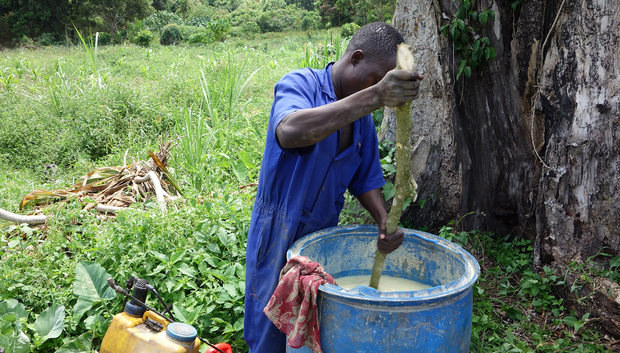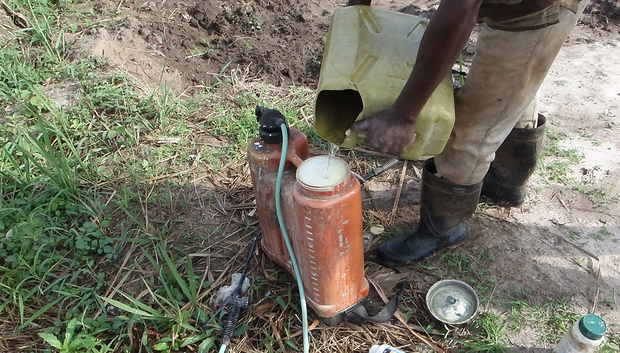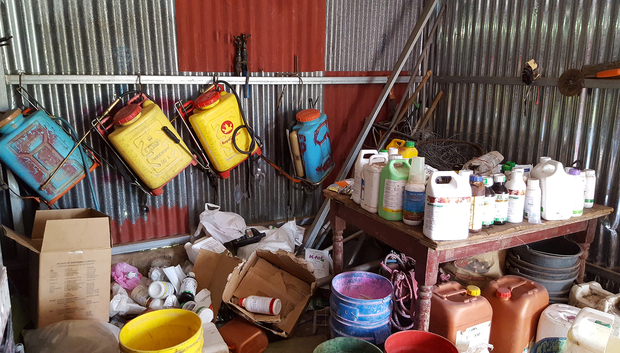Solving the pesticide problem in dialogue with agriculture

Pesticides put natural ecosystems and human health at risk. Through its research, Eawag is exposing the pesticide contamination in bodies of water and laying key foundations for more sustainable agricultural practices.
Most Swiss bodies of water are contaminated with pesticide residues – as is the groundwater in many locations. Back in 2014, Eawag detected a whole cocktail of pesticides in five medium-sized watercourses in the Swiss plateau. However, the situation is much worse in the Global South, where pesticides are barely regulated and are often not used properly – unlike here in Switzerland. While the condition of bodies of water and water quality is closely monitored in Switzerland, there is a lack of systematic monitoring in the Global South – and so the danger remains invisible.
Lack of knowledge regarding pesticide use
Eawag has been involved in the international project “Pestrop”, which has shed some light on this issue: in Costa Rica and Uganda, an interdisciplinary team has been investigating pesticide use and its effects on water quality and the health of farmers. The researchers have found a wide range of pesticides in streams and rivers – water resources from which the population obtains drinking water. In some study participants, they detected pesticide residues in the blood, as well as neurological changes. The fact that most farmers wear no protective clothing, fail to use the pesticides correctly, and fail to dispose of them properly is down to a lack of training and agricultural advice as well as outdated legal requirements governing pesticide use. The findings have been shared with the local authorities, which can use them as a basis for developing appropriate measures. Moreover, Eawag is using its expertise to support local partners in developing suitable sampling systems for use on site and improving the availability of data.
Farmers in the Global South - like here in Costa Rica and Uganda - are often uninformed about the risks of pesticides, which can put their health and the environment at risk (Photos: Pestrop-Team).
Christian Stamm, deputy director of Eawag, believes that the biggest challenge lies in reconciling the conflicting goals of environmental protection and health on the one hand, and economic production on the other. “We can only solve the pesticide problem through dialogue with stakeholders from the agricultural sector – by working together as partners, analysing conflicting goals across the entire value chain, and looking for solutions.” In his view, this is just as true for the Global South as it is for Switzerland. Eawag is therefore currently participating in TRAPEGO, an interdisciplinary project that aims to highlight approaches to the sustainable transformation of Swiss agriculture.
A contribution to the SDGs:
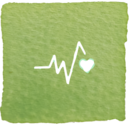

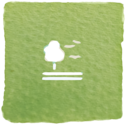
Created by Isabel Plana for the Info Day Magazine 2023

